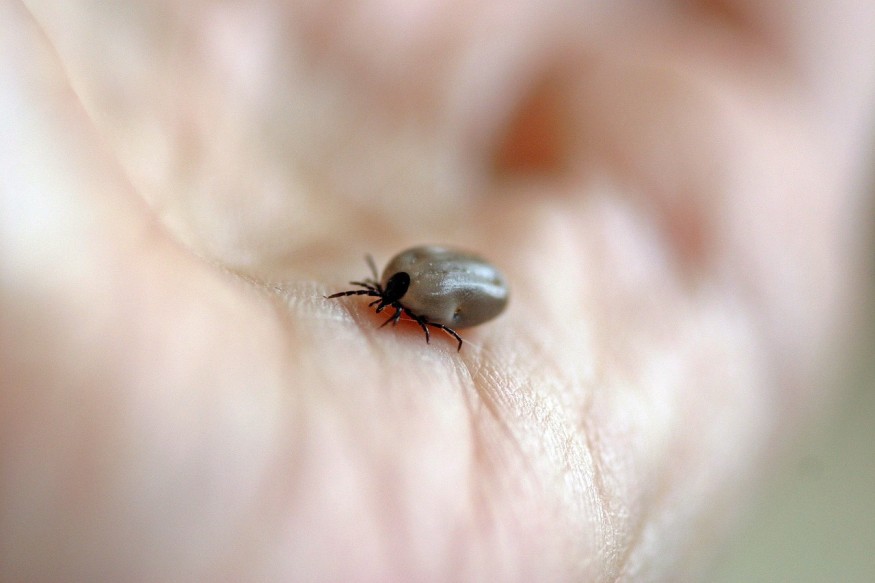Powassan virus, a tick-borne disease, has killed an 80-year-old woman in the state of Rhode Island, according to reports earlier this week. Health authorities consider the virus to be rare. However, it can be transmitted to humans via infected tick bites. Due to the increasing overall cases in recent years, the deadly virus takes the phrase "don't let the bed bugs bite you" to a different level.
The case of the Rhode Island woman is the second death from the rare Powassan virus this year. In May, a 58-year-old man in the state of Maine also died from the tick-borne virus. In 2022, an individual in Maine also died due to related causes, a story also covered by Nature World News. In previous years, experts have warned about the potential presence of ticks in our homes or even in our pets.
Tick-Borne Disease Kills Woman

In a press release on Tuesday, August 15, the Rhode Island Department of Health (RIDOH) reported a confirmed case of the Powassan virus disease which was detected from a resident in Rhode Island, an 80-year-old woman from Washington County who died after contracting the pathogen, as cited by Rhode Island's Department of Environmental Management (DEM).
The woman developed neurological problems and died mid-July. To confirm the case, the Centers for Disease Control and Prevention (CDC) conducted the laboratory testing earlier this month, revealing the Rhode Island woman died from the tick-borne Powassan virus.
Anti-Tick Preventive Measures
Due to the threat, both the RIDOH and DEM reminded the public in Rhode Island to take precautionary measures against tick-borne diseases, including Powassan and Lyme Disease, when going outdoors.
Some action to take to prevent contact with ticks is avoiding overgrown brush, grass, and leaves by staying in the center of the trail in a wooded area. In addition, wearing long sleeves and pants while outdoors is also recommended. Light-colored clothing is also encouraged by the said local government agencies to see ticks easier.
What is the Powassan Virus?
In the U.S., most cases of the Powassan virus have been reported in the Northeast and Great Lakes region, especially from late spring to the mid-fall seasons when ticks are most active. This is according to the CDC, which states there are no vaccines against the Powassan virus disease.
Although prevention is the best medicine for the tick-borne pathogen, early detection of the Powassan virus symptoms is crucial for the potential survival of an infected patient.
The most evident symptoms are neurological by nature since the virus causes Encephalitis, which pertains to the swelling of the brain. The CDC says around 10% of Encephalitis patients die when getting sick. Meanwhile, some survivors of the disease can be left with neurological damage.
Between 2013 and 2022, over 239 Powassan cases have been recorded across the United States, including five in Rhode Island.
Related Article: Rare Tick-Borne Virus Kills a Resident in Maine
© 2025 NatureWorldNews.com All rights reserved. Do not reproduce without permission.





